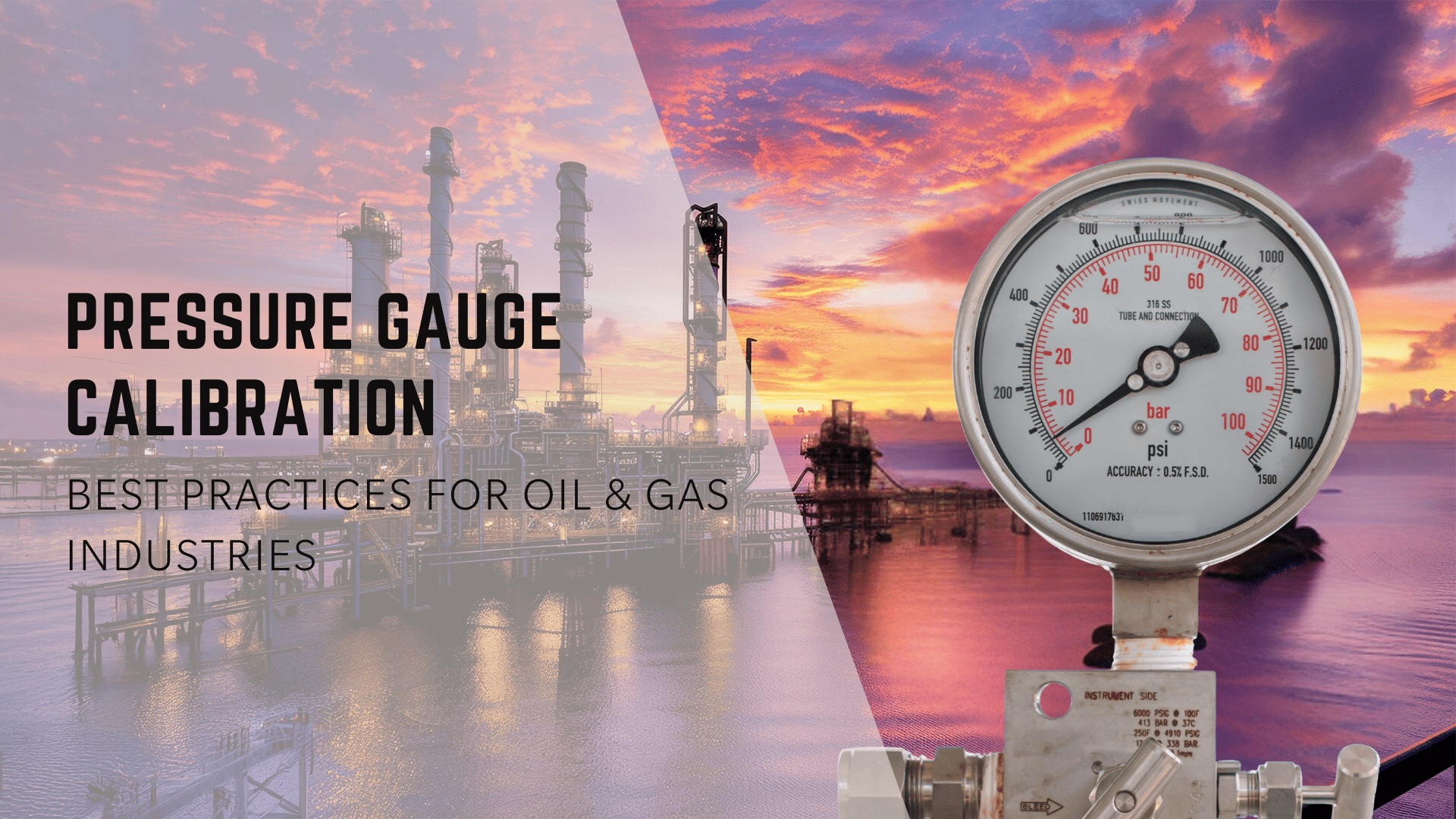
In the oil and gas industry, accuracy is more than a plus—it's a necessity. From high-stakes drilling to refining processes, precise pressure readings are crucial to ensure safety and efficiency. Schedule Regular Pressure Gauge Calibration, particularly in harsh environments that disrupt sensor reliability. Read on to learn how adhering to best practices in calibration services can keep your operation running smoothly and in compliance.
Pressure gauges function under conditions of extreme temperature variation, heavy vibration, and corrosive fluids—exposing them to drift. Without calibration, measurement accuracy can be compromised, putting equipment at risk of damage or plant downtime. With the help of reliable calibration services, accuracy, safety, and process efficiency are ensured.
Comply with Industry Standards
Make sure that your calibration services are API, ASME, and other applicable standards compliant to satisfy both quality and safety laws.
Utilize Accredited Providers
Partner with a qualified calibration laboratory that provides traceable results along with technical support to ensure accurate Pressure Gauge Calibration.
Organize Regular Calibration Intervals
Because of the high-stress environment, oil and gas processes frequently need calibration every half-year or more often, depending on the particular sensor application.
Calibrate in Actual Operating Conditions
Calibration in actual operating conditions—pressure, temperature, and vibration—supports gauge accuracy in actual field conditions.
Track Calibration Records Over Time
Detailed records enable performance trending and potential failures. Calibration services from professionals usually include detailed documentation.
For more insights on why regular calibration is fundamental, check out our related blog : Why Regular Pressure Gauge Calibration Is Essential for Accuracy.
What are the risks of uncalibrated gauges?
Erroneous readings can cause unsafe operation, process inefficiencies, and regulatory problems.
Is calibration possible on-site?
Yes—qualified suppliers tend to offer both in-lab and on-site calibration services to meet operational requirements.
Does calibration prolong a gauge's life?
Definitely. Calibration identifies wear early, keeping sensor performance at its best and prolonging its operational life.
In oil and gas settings, Pressure Gauge Calibration is not a choice but rather a necessity for safety, compliance, and uninterrupted operations. Depending on professional calibration services prevents expensive downtime and protects your personnel and assets